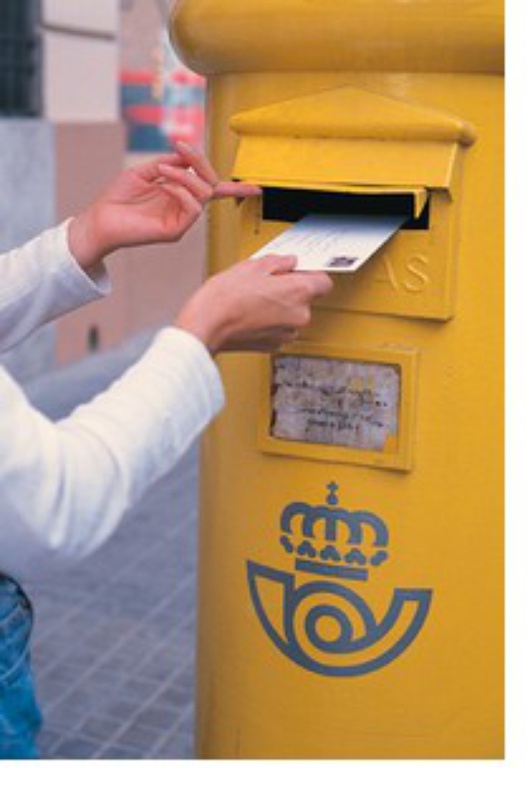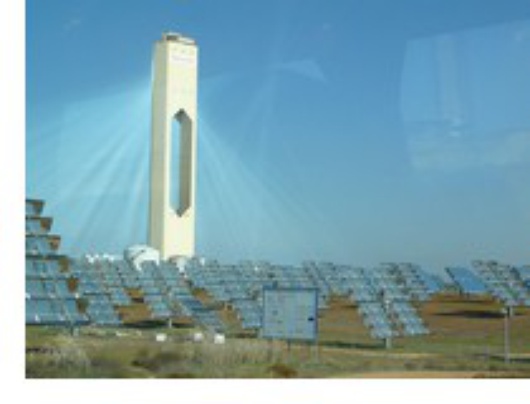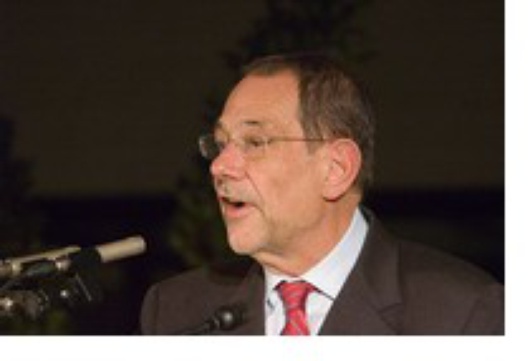Why the EU aims to liberalise postal services
Published on
Translation by:
Nabeelah ShabbirPlus answers to the question 'how much do you get charged for making a bank transfer?' and more in our weekly newsbites from Brussels
EU: single market progress via bank transfers
 We all know the complications that arise from having to do a bank transfer between one European member state to another, which usually takes between two to four days, according to the establishment. Now, no more – the eurozone is about to change. In Brussels on 28 January, the European commission and the European Central Bank (ECB) officially launch the Single Euro Payments Area (SEPA). Euro payments across borders will now be on the same level as domestic transactions. SEPA will work for credit cards as of today and for debit cards as of November 2008
We all know the complications that arise from having to do a bank transfer between one European member state to another, which usually takes between two to four days, according to the establishment. Now, no more – the eurozone is about to change. In Brussels on 28 January, the European commission and the European Central Bank (ECB) officially launch the Single Euro Payments Area (SEPA). Euro payments across borders will now be on the same level as domestic transactions. SEPA will work for credit cards as of today and for debit cards as of November 2008
Postal services liberalised
 The postal sector has an annual turnover of 1% of Europe's GDP. Postal services have been liberalised already in countries like Sweden, Germany, Finland, the Netherlands and the UK. Until today, national monopolies controlled all the services of letters sent which weighed under 50 grammes. The European parliament will pass a directive on 31 January, defining 2011 as the deadline to liberalise the EU's postal market. What it means? The Spanish post office will be able to open offices in Belgium, just as the Italian post office will be able to do the same in France. Only Greece, Luxembourg and the member states which entered the EU in 2004 will wait until 2013.
The postal sector has an annual turnover of 1% of Europe's GDP. Postal services have been liberalised already in countries like Sweden, Germany, Finland, the Netherlands and the UK. Until today, national monopolies controlled all the services of letters sent which weighed under 50 grammes. The European parliament will pass a directive on 31 January, defining 2011 as the deadline to liberalise the EU's postal market. What it means? The Spanish post office will be able to open offices in Belgium, just as the Italian post office will be able to do the same in France. Only Greece, Luxembourg and the member states which entered the EU in 2004 will wait until 2013.
More money to spend less energy
 On 30 January Fiona Hall, UK Liberal Democrat MEP, will discuss the issues raised in her non-legislative energy efficiency report. It's an answer to the commission's EU Action Plan on Energy Efficiency published in October 2006, which wants every EU member state to cut their energy spending by 20% and also increasing their renewable energy by the same amount. 'Both the Commission and member-state governments have been guilty of a serious dereliction of duty over the implementation of energy-efficiency legislation,' the report says. It also talks 'about the need to label products in Europe so to see how much energy they use.'
On 30 January Fiona Hall, UK Liberal Democrat MEP, will discuss the issues raised in her non-legislative energy efficiency report. It's an answer to the commission's EU Action Plan on Energy Efficiency published in October 2006, which wants every EU member state to cut their energy spending by 20% and also increasing their renewable energy by the same amount. 'Both the Commission and member-state governments have been guilty of a serious dereliction of duty over the implementation of energy-efficiency legislation,' the report says. It also talks 'about the need to label products in Europe so to see how much energy they use.'

EU talk Iran
This week, the European parliament and Council of Europe will discuss matters such as when the Lisbon Treaty would be ratified so that current foreign policy chief Javier Solana can have some scope and margin for future decisions. On the agenda: Iran's nuclear programme, the anti-missile shield that the United States want to establish on European soil, and the tragedy suffered by Gaza residents.
In-text photos: (Christian Duval/ Flickr), (inakit/ Flickr), Seville (Photo: Perljeff/ Flickr), (Michel Vuiljsteke/ Flickr)
Translated from Liberalización de Correos: negocio a la vista



